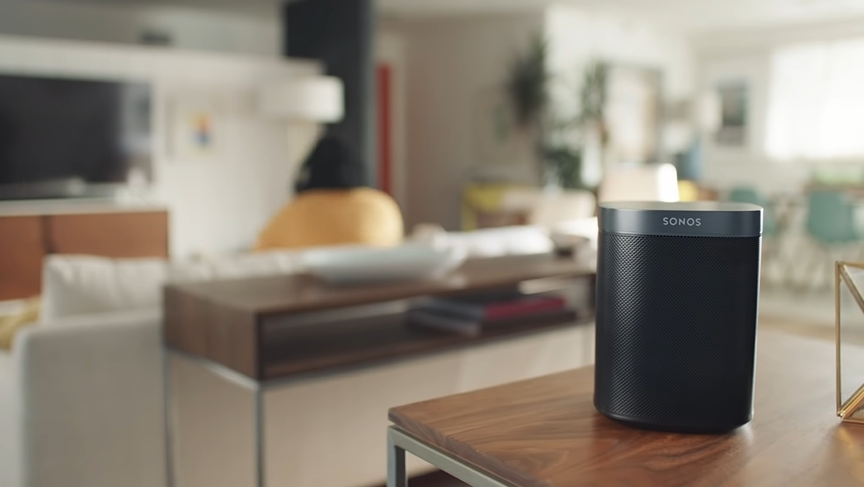 APPS
APPS
 APPS
APPS
 APPS
APPS
Smart speaker maker Sonos Inc. today filed a lawsuit against Google LLC that accuses the search giant of stealing its technology and seeks a sales ban on its consumer devices in the U.S.
Santa Barbara, California-based Sonos makes high-end sound systems for homes that users can control with their voice. The firm is best known for its indoor speakers, but also makes related accessories such as amplifiers.
Sonos is suing Google in the Los Angeles Federal District Court and has filed a parallel complaint with the U.S. International Trade Commission over alleged patent infringement on the search giant’s part. Specifically, Sonos charges that features in the company’s Google Home smart speakers violated five of its patents. Executives further claimed that the scope of intellectual property infringement could be much bigger, potentially even beyond Google.
Sonos’ complaint reveals a long-running disagreement that has been quietly brewing for years. The dispute’s origins trace all the way back to 2013, when Sonos first partnered with Google to bring Google Play Music to its speakers.
The search giant, the lawsuit claims, asked Sonos to hand over diagrams describing how several core features of its speakers work. That included the technology Sonos developed to let speakers in different rooms wirelessly sync audio. Two years later, Google introduced a product called Chromecast Audio with a multiroom sync feature and later incorporated a similar capability into Google Home smart speakers.
“Google has been blatantly and knowingly copying our patented technology in creating its audio products,” Sonos said in a statement. “Despite our repeated & extensive efforts over the last few years, Google has not shown any willingness to work with us on a mutually beneficial solution.”
During their talks, Sonos handed Google a list of about 100 patents that it found to have been used unlawfully. Executives told The New York Times today that Amazon.com Inc.’s Echo smart speakers are believed to be infringing on a similar number of patents. However, the company reportedly opted to limit the litigation to the case it’s currently pursuing against Google because of concerns that taking on both tech giants at once would be too big of a risk.
Google and Amazon, for their part, have strongly pushed back against Sonos’ accusations. “We are disappointed that Sonos brought these lawsuits instead of continuing negotiations in good faith,” Google said in a statement. “We dispute these claims and will defend them vigorously.” As for Amazon, a spokesperson said that “the Echo family of devices and our multi-room music technology were developed independently by Amazon.”
The lawsuit comes as Sonos faces growing competition from the tech giants in the smart speaker market. Though the firm was an early pioneer in the segment, Google and Amazon has since both surpassed it in speaker sales thanks partly to aggressive pricing. Google’s $49 Google Home Mini, for instance, costs a quarter of the price of Sonos’ entry-level model.
At the same time, Sonos relies on Google Assistant and Amazon’s Alexa to power its devices’ voice control features. The firm took a step toward reducing its dependence on the companies last November by acquiring a French voice assistant provider called Snips Inc. for $37.5 million.
Sonos’ newly launched lawsuit against Google will only complicate its tense partnership with the search giant and Amazon. The company is seeking damages from the Alphabet subsidiary, as well as a ban on the sale of its smart speakers, phones and laptops in the U.S.
In the big picture, the lawsuit may add fuel to the increasing pressure tech giants are facing from regulators over their treatment of competitors. Sonos executives told the Times that Google added new technical caveats to their partnership after the smart speaker started asking for patent licensing feeds. Moreover, Congressional staff members reportedly discussed having Sonos Chief Executive Officer Patrick Spence testify on the matter before the House antitrust subcommittee.
THANK YOU